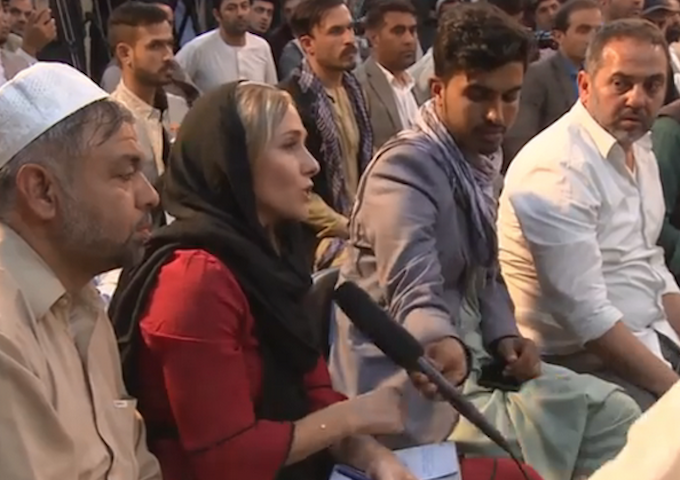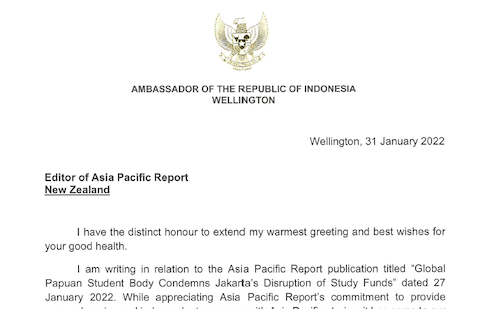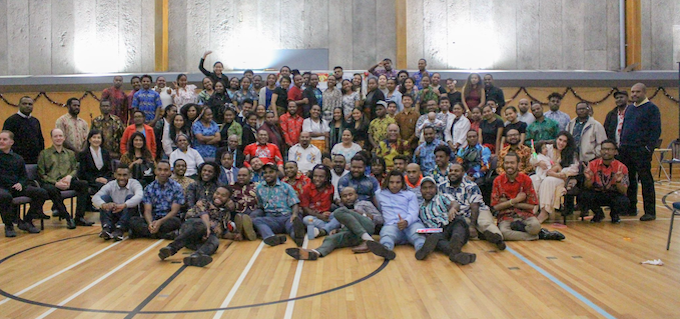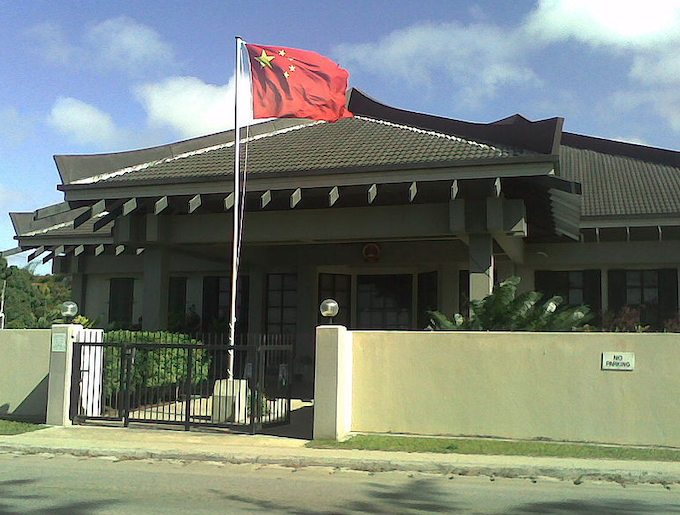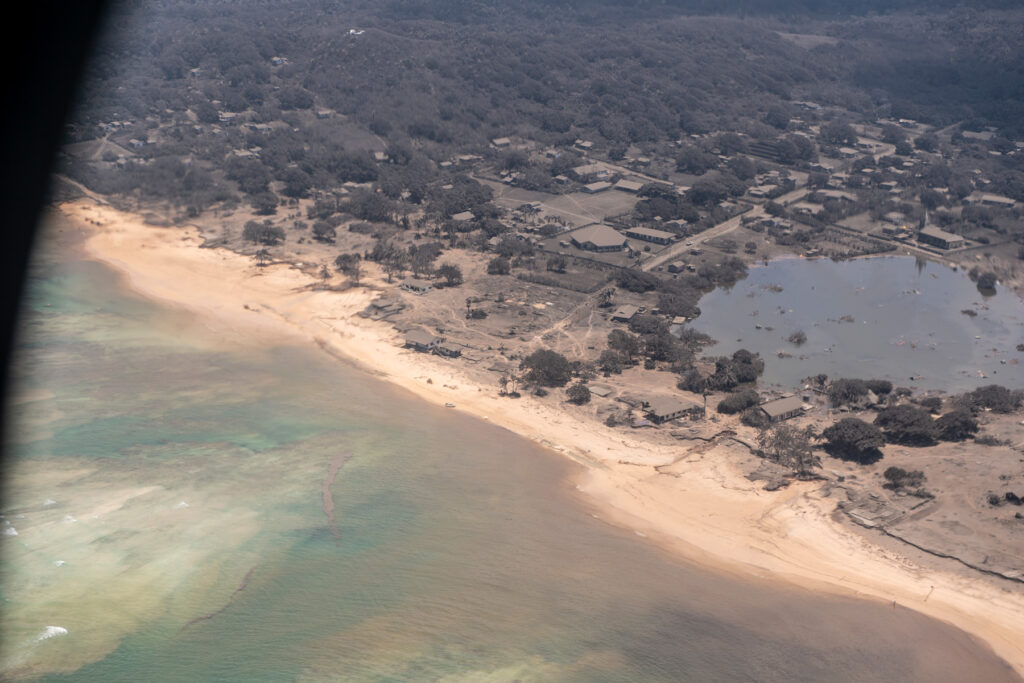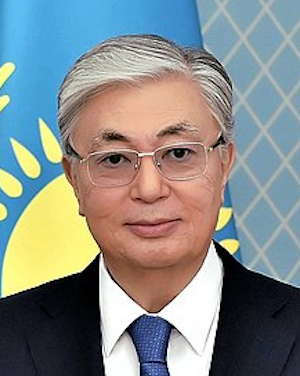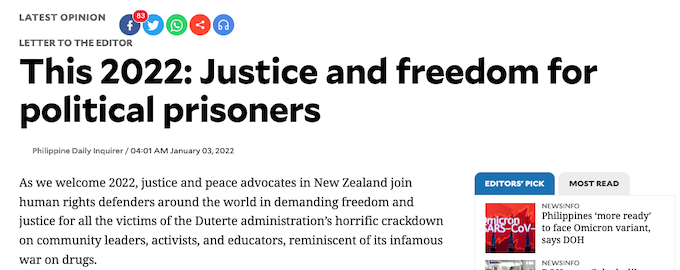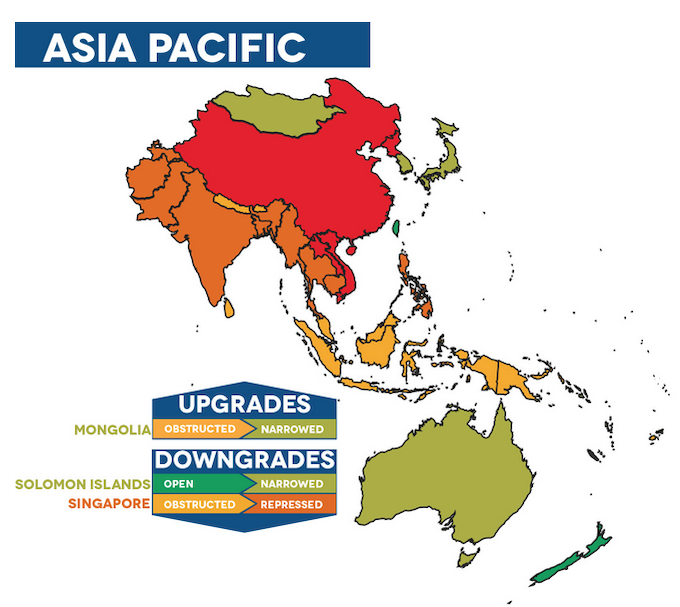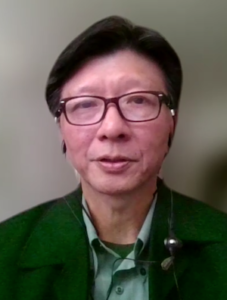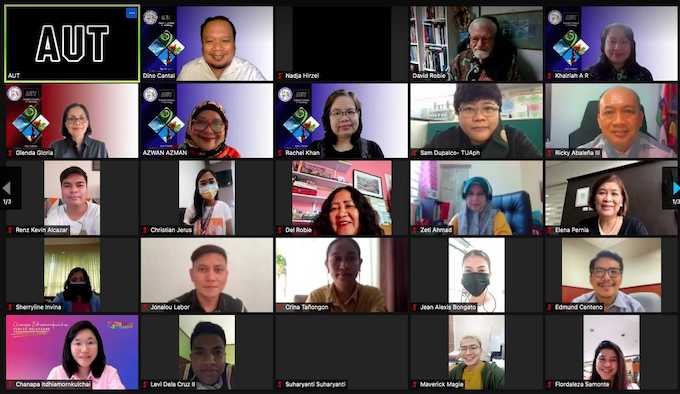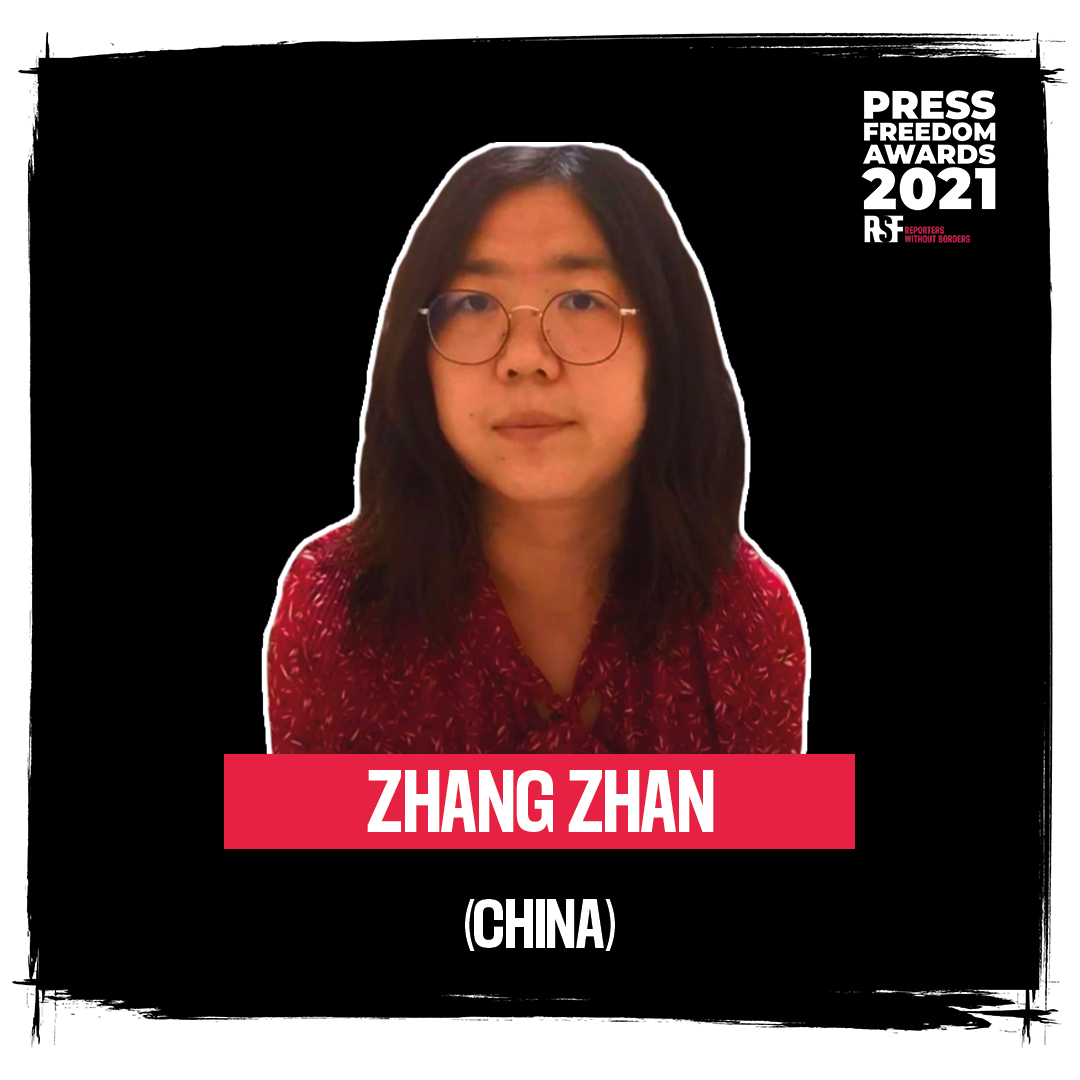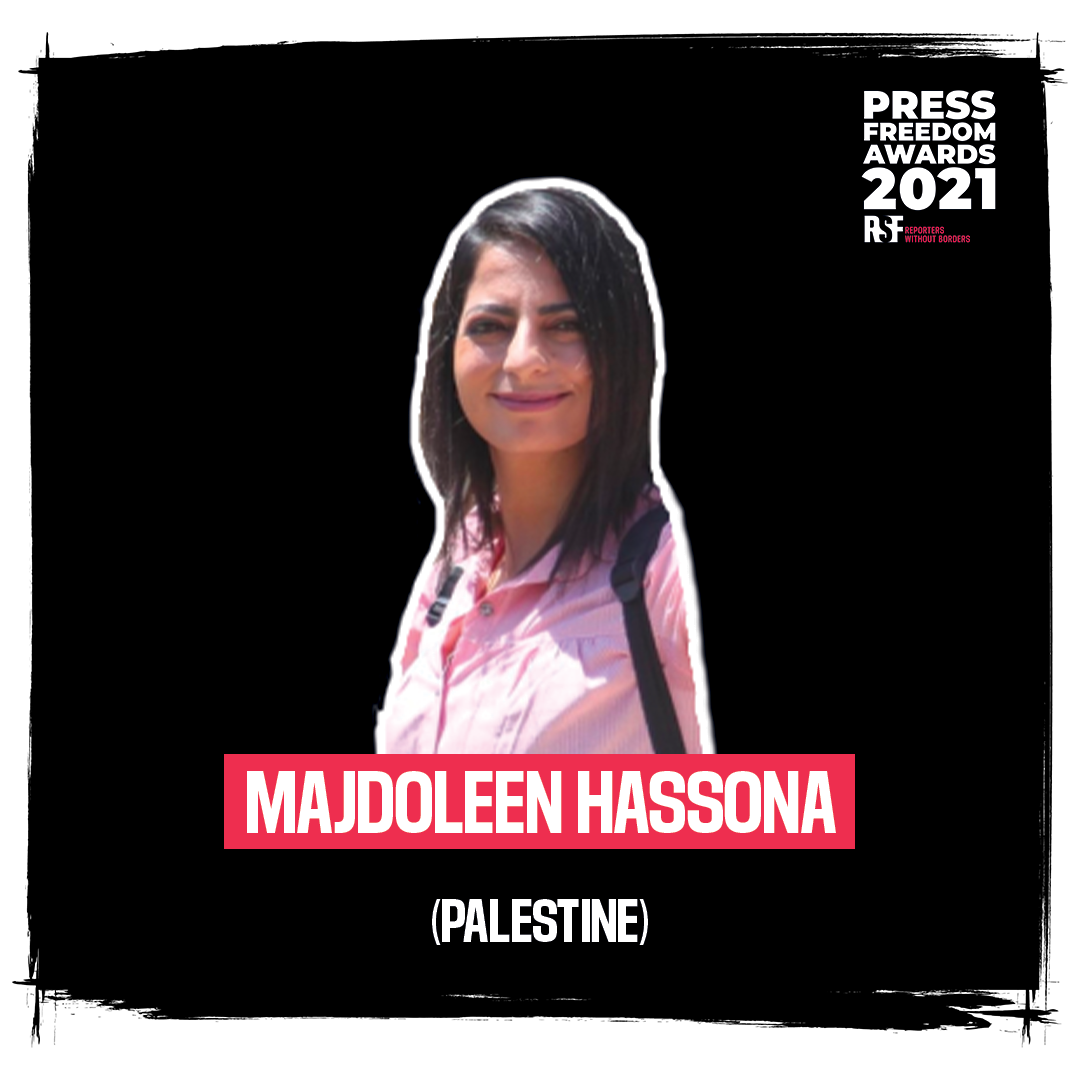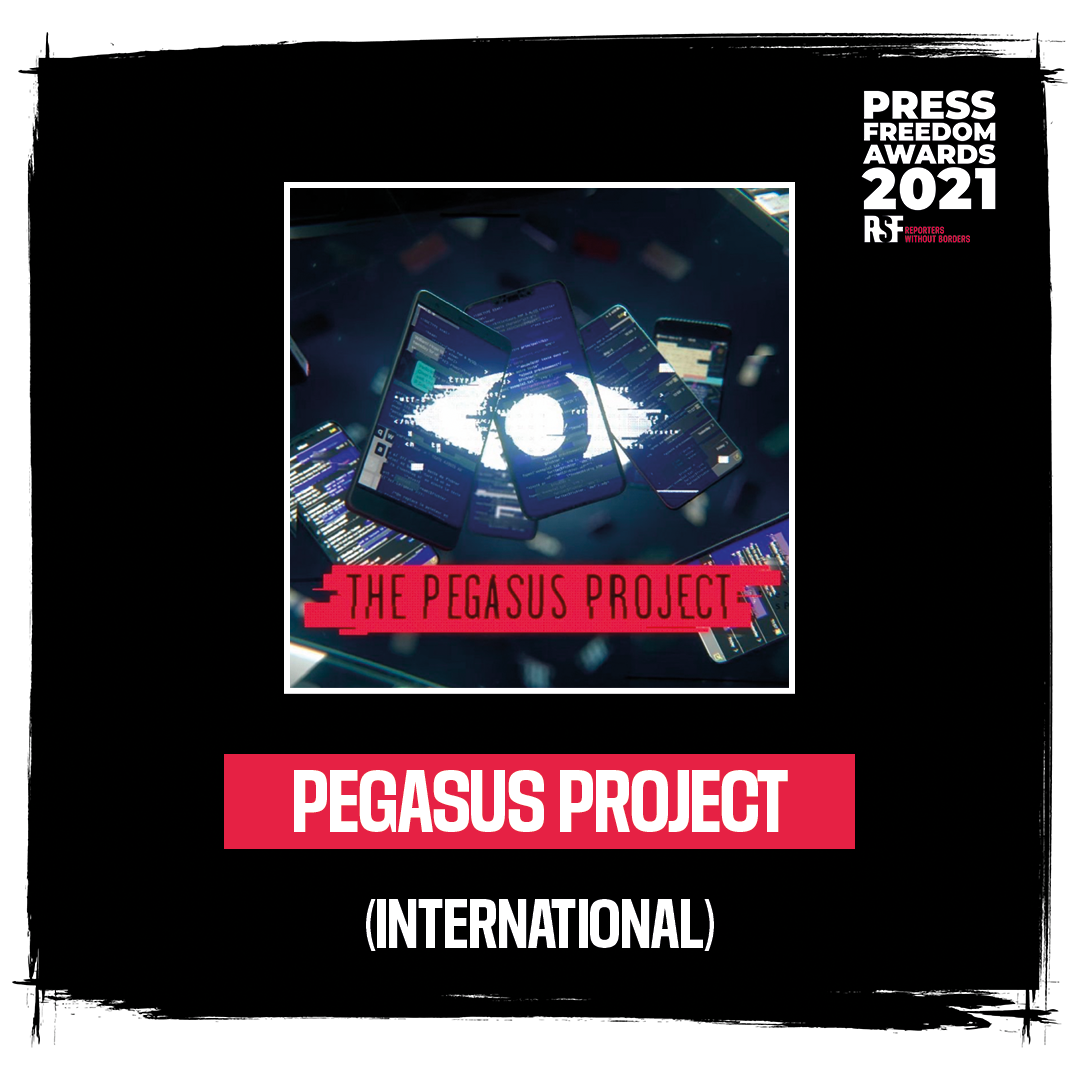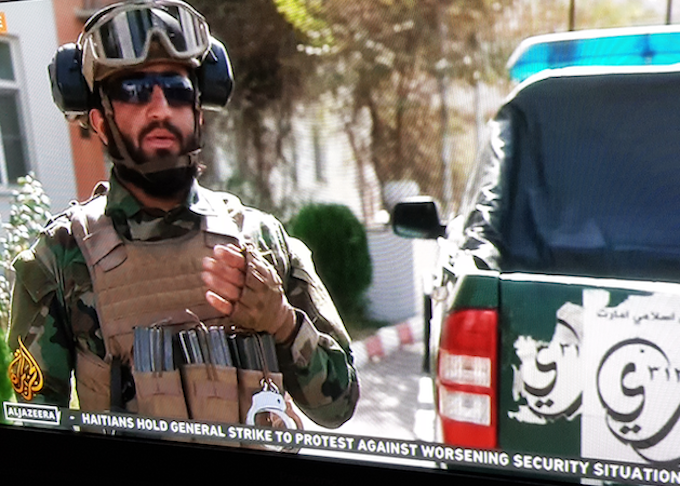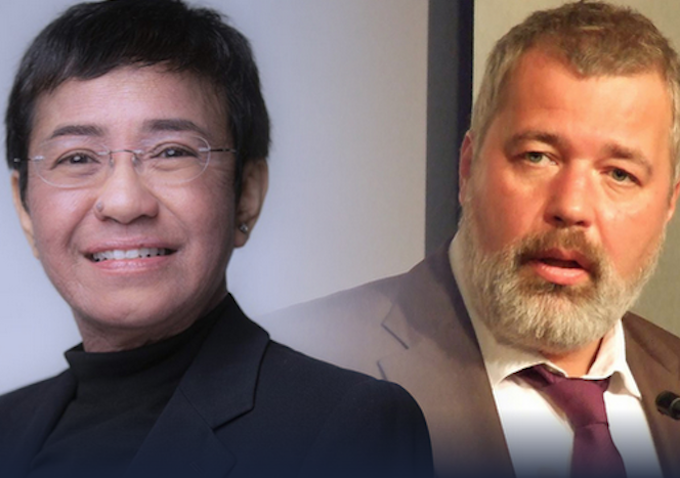Afghan women are accusing the Taliban of using a pregnant New Zealand journalist as a publicity tool to show the world they can offer women rights.
Charlotte Bellis wrote a open letter on Sunday saying she had been rejected by New Zealand’s strict hotel quarantine system and was living in Afghanistan, where the Taliban had offered her “safe haven”.
Bellis was working in Qatar, where extramarital sex is illegal, when she discovered she was pregnant with her partner and realised she had to leave.
- READ MORE: ‘A betrayal’: Coverage of pregnant reporter ‘helped by Taliban’ is called out
- Pregnant NZ journalist Charlotte Bellis offered a place in MIQ
- Muzhgan Samarqandi: MIQ debate trivialises the plight of women and girls in Afghanistan
- Charlotte Bellis’ open letter on MIQ to New Zealand – New Zealand Herald
When she was unable to go home to New Zealand, she briefly moved to her partner’s native Belgium, but could not stay long because she was not a resident.
She said the only other place the couple had visas to live was Afghanistan.
“When the Taliban offers you – a pregnant, unmarried woman – safe haven, you know your situation is messed up,” she wrote.
It made international headlines, but the news prompted scepticism in online groups of Afghan women, Kabul resident Sodaba Noorai said.
‘Surprised’ by Taliban comments
Noorai said Afghan women “were surprised” when they heard the news that senior Taliban contacts had told the journalist she would be fine if she returned to Afghanistan.
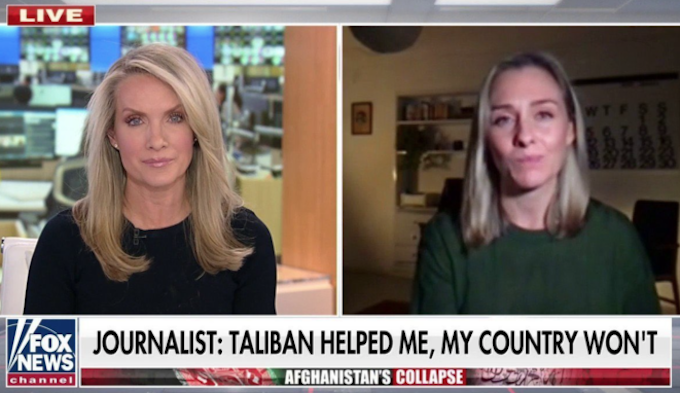
On Tuesday, the New Zealand government offered Bellis a place in managed isolation and quarantine, four days after her article was published and a spate of media reports followed.
“[Afghan women] were surprised the Taliban can treat women in a good manner and know how to respect them,” Noorai said.
“The Taliban is trying to convey the message that they know about human rights, especially women’s rights.
“But in reality their treatment of Afghan women is different to their support and respect for this New Zealand woman.”
Noorai said pregnant Afghan women had been killed by the Taliban for not being married.
Witnesses claim pregnant former Afghan policewoman Banu Negar was shot dead by Taliban militants in September, but the regime has denied the incident.
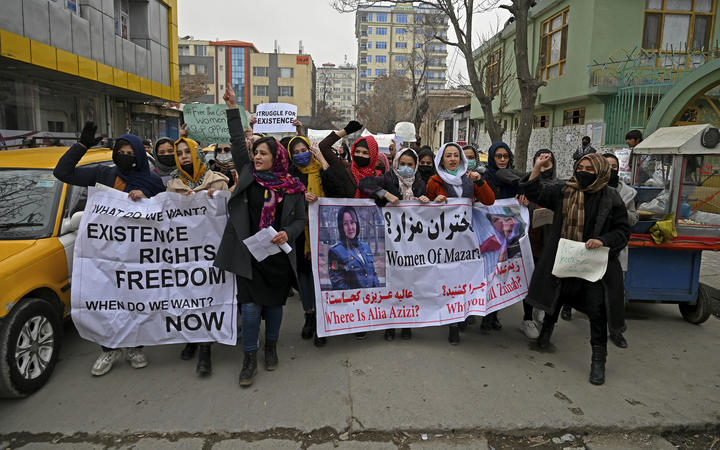
‘Double standard’ over white, Western woman
“This is a double standard where they treat a white, Western woman in a way to show the world that they are behaving like a civilised government,” Pittsburgh University Afghan researcher Dr Omar Sadr said.
“But with respect to the people of Afghanistan and the women of Afghanistan, the Taliban behave totally differently.
“At the moment, Afghan women are degraded as second-class citizens, deprived of fundamental human rights where their protesting is brutally suppressed.
“They are killed, tortured, and in some cases even raped.”
It has been almost six months since the militant group took over Afghanistan, and its treatment of women has become a central point of concern for the international community.
Women live in fear under Taliban rule
Women say they live in fear, while others have been killed after protesting against the country’s new rulers.
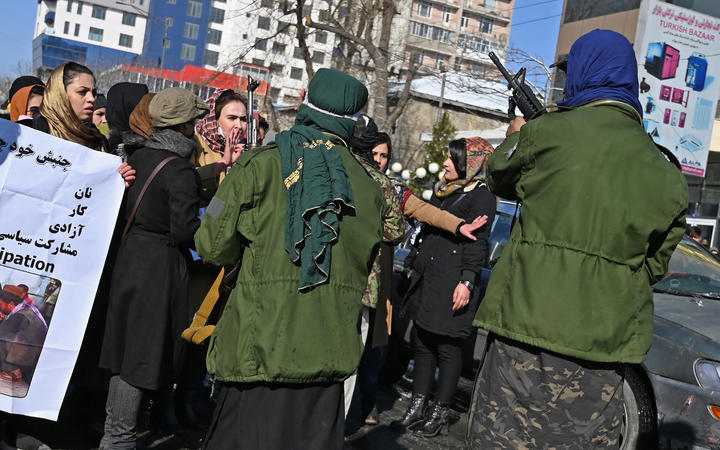
Afghan activist Rahimi, whose last name has been withheld for security reasons, said she had gone into hiding with her sisters because she was worried she would be arrested and tortured by the Taliban for attending protests over human rights.
“I no longer have a job so I’m in a bad economic situation, I attended many demonstrations for achieving our rights and my life is in danger by the Taliban,” she said.
“We’re afraid of their violence, their rape, their killing and murder, so we’re scared in our house.
“I have a request for the international community — don’t ignore the actions of the Taliban because of this case of this New Zealand journalist.”
Taliban negotiators travelled to Oslo, Norway last week, the regime’s first official overseas delegation since returning to power in August.
Humanitarian aid offered
US and European diplomats reportedly offered humanitarian aid in exchange for an improvement in human rights.
The Taliban is calling for almost $10 billion in assets frozen by the US and other Western countries to be released, as more than half of Afghans are now facing extreme levels of hunger.
“It is fundamental that we hold the Taliban accountable by their policies and actions on the ground rather than what they do in exceptional cases like Charlotte’s,” Dr Sadr said.
But women like Noorai have urged the international community to stand firm until all women in Afghanistan, not just foreigners, are given basic rights.
“Our message is to not recognise the Taliban until they really change themselves and treat us properly.”
This article is republished under a community partnership agreement with RNZ.
This post was originally published on Asia Pacific Report.
